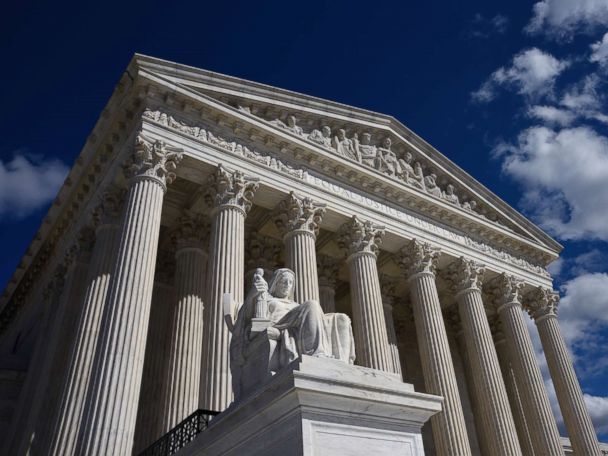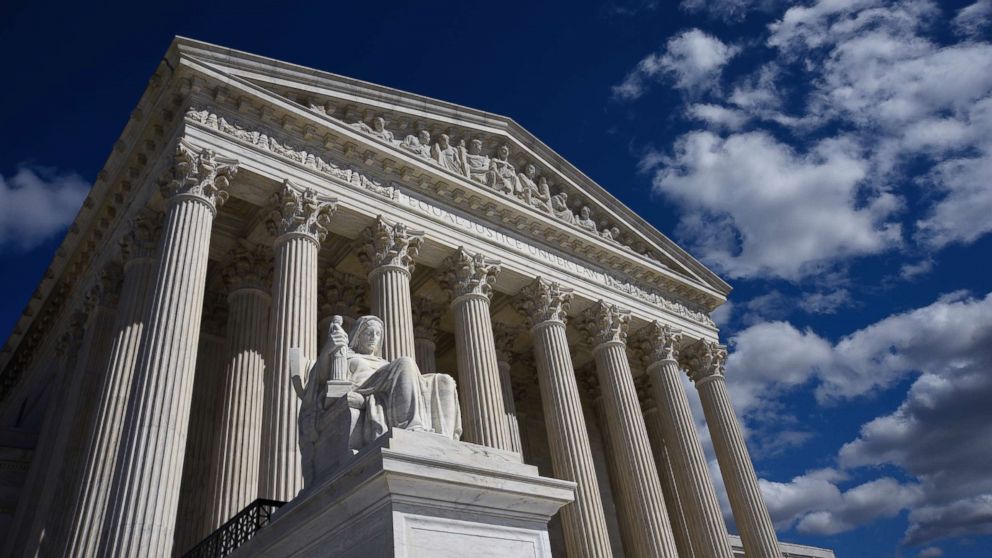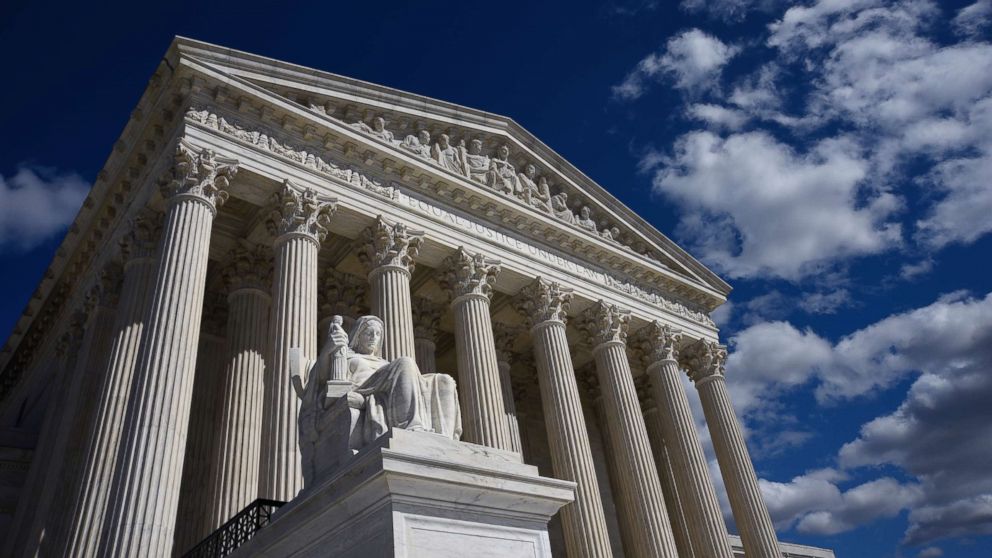






The U.S. Supreme Court sided with the state of Ohio Monday – upholding its practice of purging people from registration rolls if they fail to vote.
In a 5-4 decision, the court ruled Ohio could continue to remove individuals from voter rolls if they had not voted in two federal elections and have not responded to a confirmation notice or update their registration.
The plaintiffs in the case, Husted v A. Philip Randolph Institute, challenged the Ohio law arguing it violated the National Voter Registration Act. Ohio claims that its practices just keep voter rolls up to date, and are consistent with federal law; the challengers argue that the state’s purges violate federal law and risk disenfranchising eligible voters.
Justice Samuel Alito wrote the majority opinion, with two dissents: one from Justice Stephen Breyer, for himself and the three other liberal justices, and one from Justice Sonia Sotomayor.
Sotomayor’s dissenting opinion read in part: “Communities that are disproportionately affected by unnecessarily harsh registration laws should not tolerate efforts to marginalize their influence in the political process, nor should allies who recognize blatant unfairness stand idly by.”
“Today’s decision forces these communities and their allies to be even more proactive and vigilant in holding their States accountable and working to dismantle the obstacles they face in exercising the fundamental right to vote,” she wrote.
ABC News’ contributor Kate Shaw added to this report.
This is a developing story. Please check back for updates.
Free America Network Articles
